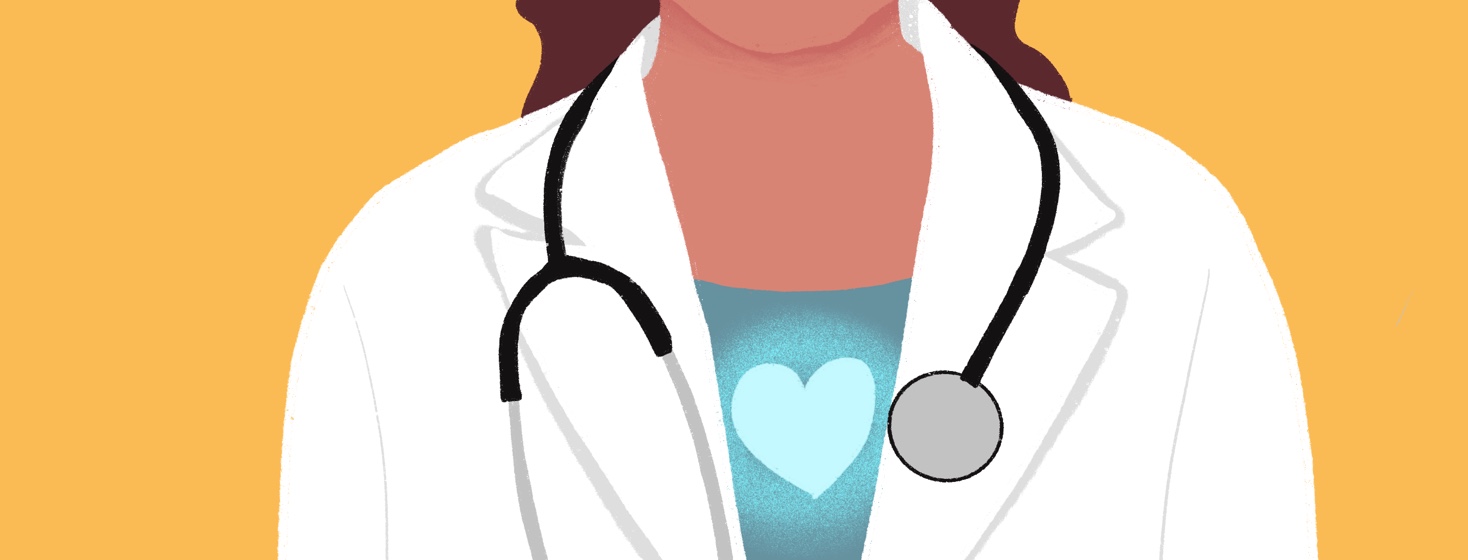Why Bedside Manner Matters
I won the lottery when it came to my lead oncologist. She’s not only literally my lifesaver, but she’s my friend and partner in crime when it comes to awareness and advocacy around ovarian cancer. I would not have the relationship I have with her without her bedside manner; something that I feel is crucial and key in the treatment process. The relationship that we have wouldn’t be possible without the manner in which she handled things from the beginning.
What are bedside manners?
What is bedside manner exactly? It’s the doctor’s approach or attitude towards their patient. And you may be wondering why this is important if I have an oncologist who’s top of their field. It may not to you, but to some of us, it’s just as important as their expertise. It can change the manner in which we communicate with them and form relationships with them. It could potentially impact a patient’s ability to become healthy over a period of time and the outcome of their treatment plan.
First impressions are key, especially in a life or death situation, which those diagnosed with cancer are actually facing. I read a great article on bedside manners, written for those in the medical field. I’m going to highlight below some of what the article covered about good bedside manners.
Do the sit down
At times it comes down to something as simple as whether the doctor is standing or sitting. For me, sitting down means that you’re here to listen, you’re not in a rush to hurry out the door and on to the next patient...I matter. I’m more than likely going to tell you more if you’re sitting or in a position where it doesn’t look like I was just in a row of closed doors with charts on the outside of them and you really need to get into that next one.
Communication skills
This may seem obvious, but you’d be surprised. Doctors are human...some humans are great communicators, others aren’t quite as much. Trust is built or lost here. Did you try and talk over my head or did you take the time to use the correct terminology but in a manner in which the patient could understand. Or if they didn’t understand, did they feel comfortable enough for clarity.
I research things, so once my doctor would suggest or tell me something, she more than likely knows now that I’m going to look further into it so I can better understand. If I have questions after reading a few medical articles, I will more than likely ask her for clarity. You need to be able to feel like you understand what the doctor is saying and not talking over your head.
Body language
Just like you can read it in the person you’re sitting down having coffee with you, you can read it to your medical provider. We can tell when you’re presenting in a manner in which we feel like we are more of an annoyance than a concern, whether you’re interested or not in what we’re saying. But just as you, the patient, are reading the doctor’s cues, be aware that they are reading yours as well.
It's about building trust with your doctor
For me, these three, plus the initial introduction I had with my lead oncologist allowed for me to have the relationship with her that I currently do. I feel comfortable telling her most things that are going on, update her on my family history regularly, and ask the tough questions that have led me to other preventative measures.
Bedside manner matters...it matters to not only you as a person, but your overall treatment plan success.

Join the conversation